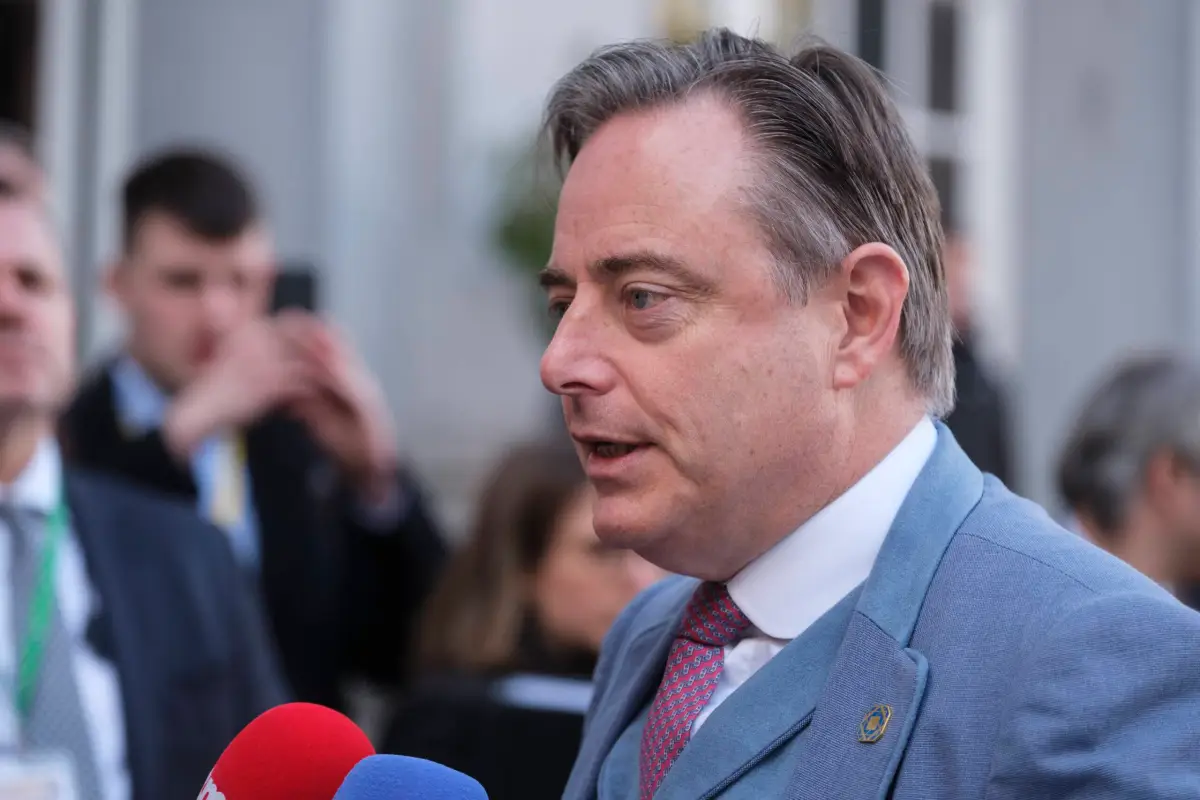Belgium’s stance on Israeli Prime Minister Benjamin Netanyahu has evolved considerably in recent years, reflecting broader trends in European foreign policy as well as the nation’s own historical context regarding the Israeli-Palestinian conflict. The Belgian government has faced significant pressure to respond to allegations of war crimes against Netanyahu, particularly during periods of heightened tension in the region. However, recent decisions suggest a cautious approach, opting not to pursue arrest warrants or legal action against the Israeli leader during his visits to Belgium.
Belgium’s evolving stance on Netanyahu highlights the tension between human rights advocacy and diplomatic relations amid the Israeli-Palestinian conflict.
This decision is informed by Belgium’s complex relationship with Israel, which has historically been characterized by a tension between solidarity with Palestinian rights and diplomatic relations with Israel. In the past, Belgian courts entertained the possibility of issuing arrest warrants for foreign leaders accused of war crimes, indicating a readiness to address international human rights violations. However, the political landscape has shifted, leading to a more restrained stance when it comes to Netanyahu. This change reflects a broader trend in European politics, where nations are increasingly wary of the potential repercussions of taking strong actions against Israeli leaders.
Belgium’s Foreign Minister has articulated that while the country remains committed to human rights and justice, it is essential to balance these principles with diplomatic considerations. “We must maintain open lines of communication to foster dialogue and peace,” the minister stated, emphasizing the importance of engaging with all parties involved in the conflict. This perspective illustrates the delicate balancing act Belgium attempts to maintain, maneuvering between its historical advocacy for Palestinian rights and the practical implications of its relationships with Israel.
The decision not to arrest Netanyahu has sparked debate among Belgian citizens and political commentators. Critics argue that failing to hold leaders accountable for alleged war crimes undermines Belgium’s commitment to international law. Supporters, on the other hand, contend that arresting Netanyahu would not contribute to peace and could exacerbate tensions in an already volatile region. This nuanced debate underscores the complexities of international relations, particularly regarding long-standing conflicts like the Israeli-Palestinian issue.
As Belgium continues to steer its position in the international arena, the nation’s approach to Netanyahu will likely serve as a litmus test for its foreign policy direction. The challenge lies in balancing ethical considerations with diplomatic realities, all while attempting to contribute to a sustainable resolution for the Israeli-Palestinian conflict. The evolution of Belgium’s stance on Netanyahu reveals the intricate interplay between morality and pragmatism in global politics.














